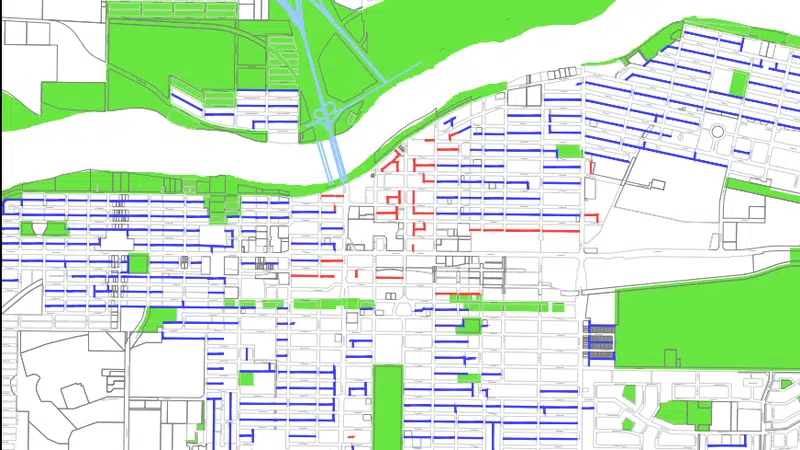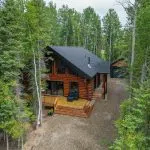
Cost of proposed back alley bylaw: $150,000
Prince Albert city council has heard that a controversial bylaw they are pursuing would be the first of its kind in Canada and come with a $150,000 price tag.
The proposed bylaw that would allow police to stop, search and ask for the identification of anyone found in public back alleys or on walkways between 12 a.m. and 6 a.m. was back before council on Monday night. This time it was accompanied by a report from city staff detailing background and financial implications.
A report found no precedent for such a bylaw in other cities.
For legal reasons, the ends of each back alley and walkway would have to be sign-posted, as is currently done at the entrances to city parks.


